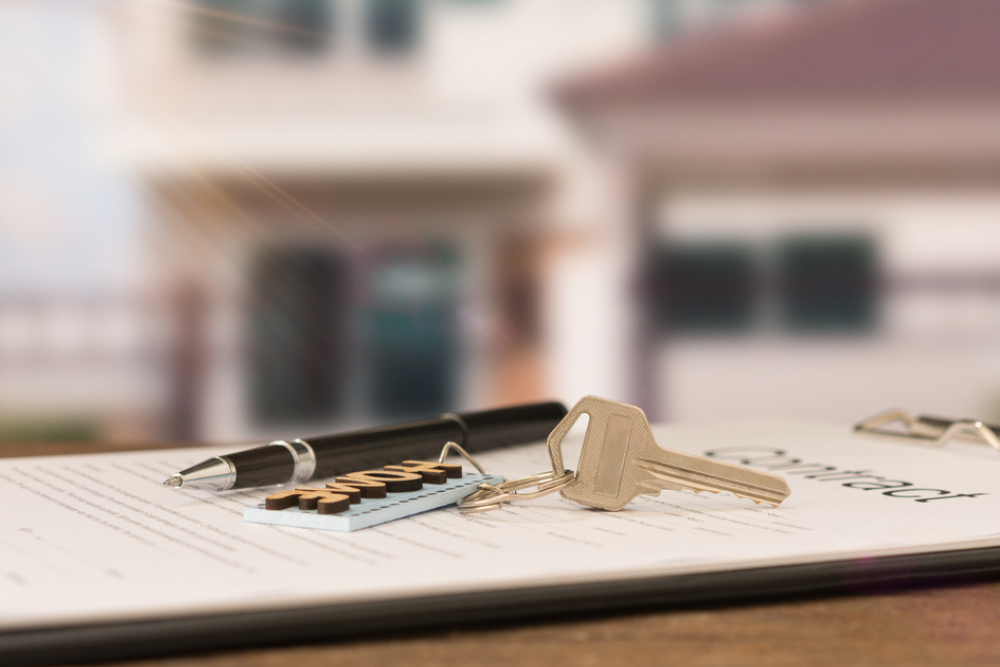In today’s real estate landscape, digital tools are not just supplementary—they are essential. From virtual home tours to e-signatures, the buying and selling process is increasingly conducted online. While these innovations have improved efficiency, they also present a challenge: how can real estate professionals foster genuine trust in a digital-first world? Building confidence remotely requires strategy, transparency, and authenticity. In this blog, we explore practical ways for realtors to build and maintain client trust through digital platforms.
The Shift to a Digital-First Real Estate Experience
Why Trust Is the Cornerstone of Real Estate Success
Trust has always been a critical element in real estate. Whether buying a first home or investing in property, clients are making significant financial and emotional decisions. Traditionally, trust was built through face-to-face meetings, handshakes, and local reputation. Now, with virtual interactions becoming the norm, realtors must find new ways to build the same level of assurance online. Without trust, even the most qualified leads may hesitate to take the next step.
Tools That Are Transforming Client Interactions
Today’s agents must leverage platforms like Zoom, DocuSign, and Matterport to streamline transactions while ensuring a professional presence. High-resolution virtual tours, drone footage, and interactive maps offer clients detailed views of properties from the comfort of their homes. These tools do more than replace in-person showings; they demonstrate your investment in high-quality service. By adopting these technologies, agents signal transparency and accessibility—two key components of trust.
Keyword Optimization and Local Targeting
To reach and build trust with digital-first clients, realtors need to appear in relevant online searches. Optimizing content with high-volume keywords such as "trusted [city name] real estate agent," "virtual home tour [location]," or "buying a house online in [region]" ensures visibility. Google Business Profiles, local SEO, and customer reviews are also essential. A positive online reputation reinforces credibility, especially when clients can’t meet you in person.
Strategies to Build Digital Trust in Real Estate
Professional and Consistent Online Presence
First impressions often begin with a search engine. Ensure your website is mobile-optimized, professionally designed, and filled with updated listings and resources. Include detailed agent bios, professional photography, and client testimonials to build rapport. Use consistent branding across platforms—from your email signature to your Instagram grid. Familiarity breeds trust, and consistency builds familiarity.
Transparency in Communication and Processes
Clients expect real-time updates and clear timelines. Use client portals or CRMs to provide 24/7 access to transaction status. Provide digital welcome packets and offer video walkthroughs of the buying process. Being proactive in communication, whether through text, email, or video calls, makes clients feel informed and in control. Transparent practices help reduce anxiety and increase satisfaction.
Thought Leadership and Educational Content
Position yourself as an expert by sharing insights via blogs, videos, or webinars. Use email newsletters or social media to distribute this content. An informed client is a confident client—and one more likely to trust you.
Client Retention and Long-Term Relationships in a Digital World
Personalized Follow-Up with a Human Touch
Digital doesn’t have to mean impersonal. Celebrate client milestones with automated birthday emails or home-buying anniversaries. Offer seasonal market updates or property valuation reports personalized to their address. Even small gestures like a quick video message after closing can leave a lasting impression. Personalized communication keeps you top of mind long after the transaction ends.
Online Reviews and Social Proof
Encourage satisfied clients to leave reviews on Google, Zillow, and Yelp. Video testimonials or case studies shared on your website add authenticity. Consider featuring a "Client of the Month" post on social media to highlight successful relationships. Social proof can make or break a lead’s decision to contact you—don’t overlook its power.
Leveraging Automation Without Losing Authenticity
Automation tools like email sequences and chatbots can streamline your operations but should never feel robotic. Tailor your messages, use the recipient’s name, and segment your audience based on interests or location. Automation should enhance, not replace, the personal element of your brand. Balance efficiency with genuine care.
Trust remains the foundation of successful real estate transactions, even in a digital-first market. By integrating smart technology with transparent communication and a personal touch, agents can foster meaningful relationships that convert and last. In a world where face-to-face meetings are limited, your digital presence becomes your handshake. Make it count!





